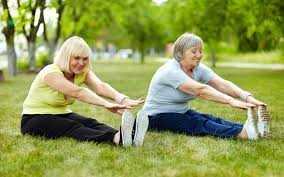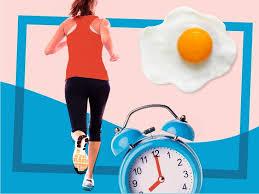Physical activity and energy burn
Physical activity only makes up a small portion of your total energy burn. Percentages of calories you burn off in a day:
- 60%- 80% account for energy used for basic functioning when the body is at rest.
- 10% of energy is used to break down food.
- 10% - 30% of energy is used during physical activity, of which exercise is only a subset.
- Thermogenesis accounts for less than 10% of your total energy expenditure.
73
316 reads
The idea is part of this collection:
Learn more about health with this collection
How to stay motivated
How to create a workout routine
Proper form and technique for home workouts
Related collections
Similar ideas to Physical activity and energy burn
Exercise and calories burn
Exercise accounts for a small portion of daily calorie burn.
Even when you work out, those extra calories burned only account for a tiny part of your total energy expenditure, only around 10 to 30 percent, depending on the person. It's not nearly equal to food intake.
How we burn energy
There are 3 main ways:
- the basal metabolism, the energy used for your body's basic functioning while at rest
- the energy used to break down food (also known as the thermic effect of food)
- the energy used in physical activity.
Most of t...
Calculating Calories
The energy value of any food is measured in calories, and the basal metabolic rate is the minimum amount of calorie count that is required when the body is at rest (Resting Energy Expenditure). Combining it with the energy one consumes while moving around or digesting food gives ...
Read & Learn
20x Faster
without
deepstash
with
deepstash
with
deepstash
Personalized microlearning
—
100+ Learning Journeys
—
Access to 200,000+ ideas
—
Access to the mobile app
—
Unlimited idea saving
—
—
Unlimited history
—
—
Unlimited listening to ideas
—
—
Downloading & offline access
—
—
Supercharge your mind with one idea per day
Enter your email and spend 1 minute every day to learn something new.
I agree to receive email updates

